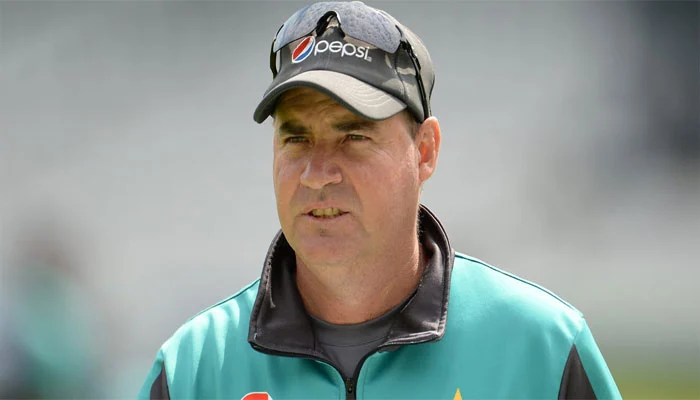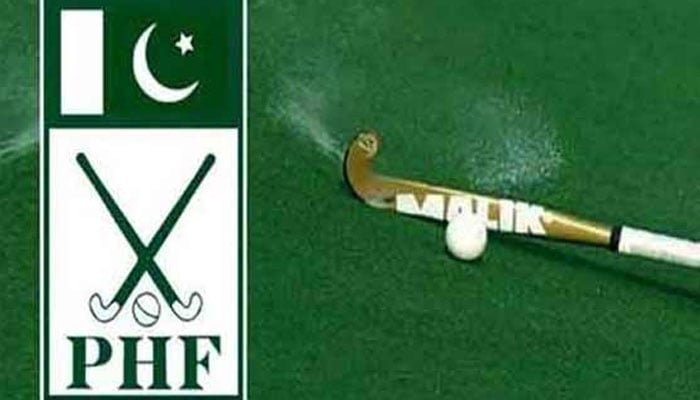A cricket website has announced that the International Cricket Council (ICC) will be scrutinizing the statement made by Pakistan team’s director, Mickey Arthur. Arthur had proposed treating the Pakistan-India World Cup match like a bilateral series between the two boards.
Arthur’s statement created a stir, suggesting that the match should be treated as an event organized by the Board of Control for Cricket in India (BCCI) rather than a part of the World Cup tournament. He argued that the match does not feel like a World Cup fixture but more like a bilateral series match, given the intensity and significance it holds for fans in both countries.
The cricket website reported the statement in reference to ICC Chairman Greg Barclay, highlighting how events organized by individual boards often face criticism. Barclay responded to the comments, emphasizing that the ICC continually strives to enhance the quality of its events. He clarified that every event’s beginning marks just the start, and the real assessment lies in how things unfold during the event.
Barclay expressed the ICC’s intention to evaluate the situation thoroughly, aiming to determine if any improvements can be made. He stated his confidence that this World Cup would be extraordinary, suggesting that the tournament would be unlike any other witnessed before.
The controversy arises from the unique nature of the India-Pakistan cricket rivalry, which often transcends the boundaries of sports. Matches between the two nations are emotionally charged and carry immense weight for cricket fans, making them among the most anticipated fixtures in any tournament.
While Arthur’s statement might be seen as an attempt to contextualize the match’s significance, it has drawn attention due to the larger context of political tensions and historical rivalries between India and Pakistan. Cricket, in this context, becomes a platform where national pride and identity are fiercely contested, making any commentary on the nature of these matches subject to intense scrutiny.
As the ICC delves into the matter, it remains to be seen how they will address Arthur’s remarks and what implications, if any, this assessment will have on the highly anticipated India-Pakistan match in the upcoming World Cup tournament. The incident underscores the intricate interplay of sports, politics, and emotions, especially in the context of one of cricket’s most intense rivalries.



